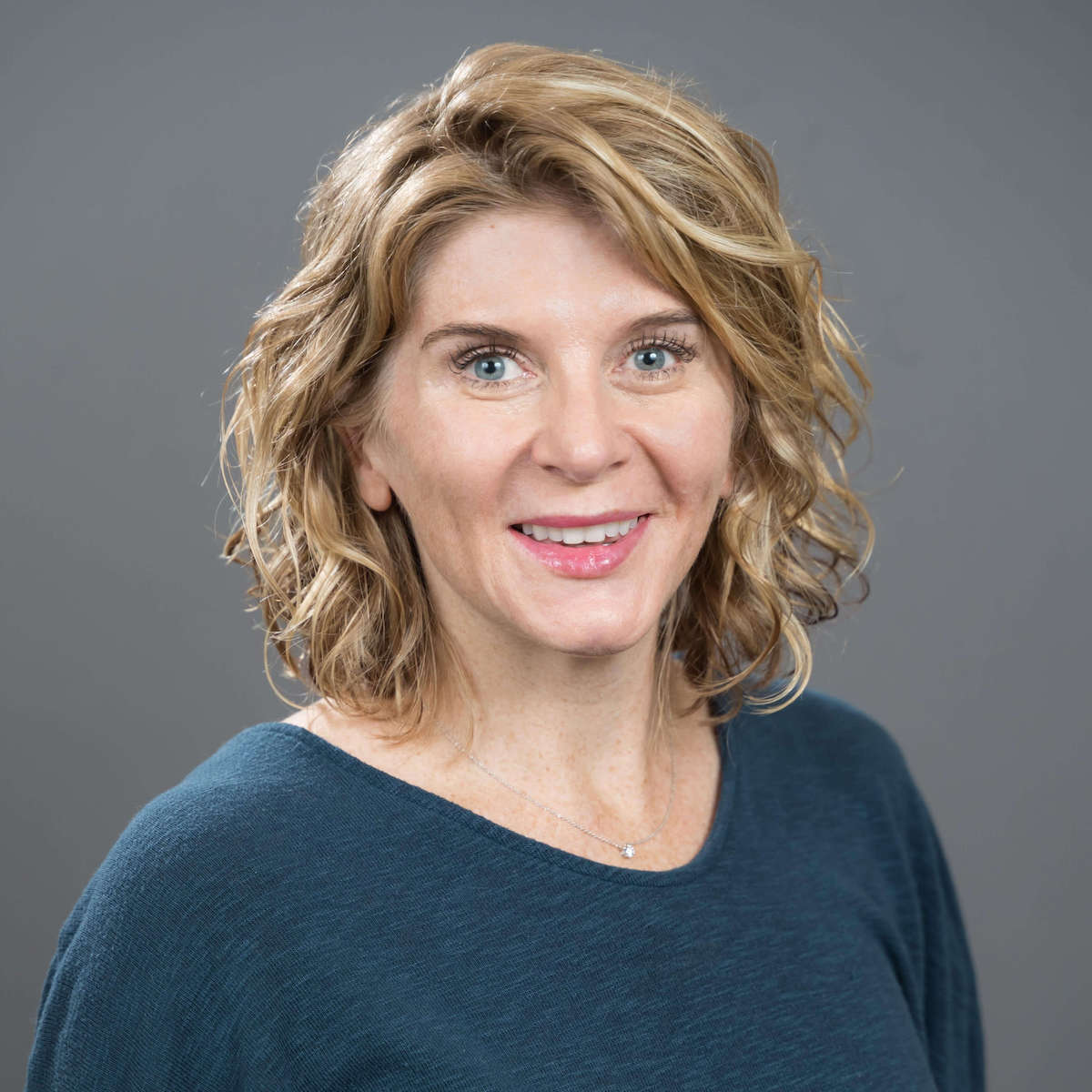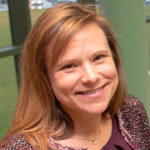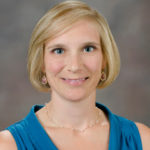
Connection is Protection: Not One More Physician Suicide
By Tina Runyan, PhD, ABPP
Tend Health Co-Founder
Soon after starting Tend Health, I received an e-mail from the sibling of a young surgeon who died by suicide. She was both distraught and motivated to understand her brother’s experience – why was he so reluctant to seek help?, why did he travel out of state when he finally sought treatment?, why did he keep his struggle secret?, how did he get through 7 years of training and then take his own life within a year of becoming an attending?, and what could have saved him? While I had immense compassion for her, I had no specific answers to offer.
In his 2024 NYT essay about moral perception in medicine, Carl Elliott says “To embark on a career in medicine is like moving to a foreign country where you do not understand the customs, rituals, manners or language. Your main concern on arrival is how to fit in and avoid causing offense. … What’s more, this particular country has an authoritarian government and a rigid status hierarchy where dissent is not just discouraged but also punished. Living happily in this country requires convincing yourself that whatever discomfort you feel comes from your own ignorance and lack of experience.” Does that answer this grieving, confused sister’s questions?? While this might be an overly harsh characterization of many healthcare organizations today, this is the legacy culture of medicine and it is taking time, intention, resources, and exceptional leadership to change.
I pause to write this in the midst of the back to school, fall hustle because September is suicide prevention month and September 17th is physician suicide awareness day. Physicians have a higher rate of suicide compared with many other professions and most physicians know of a colleague who has either died by suicide or attempted suicide. Between 2000 and 2014, 66 medical residents died by suicide, the second leading cause of death among this population overall, and the leading cause of death for men. The majority of these suicides occurred in the frist 2 years of training and, in this robust dataset, the first and third quarters of the training year (July through September and January through March) were also higher risk times. While rates of suicide among trainees is lower than the general, age-matched population, the magnitude of these tragedies cause residual impact for many years after the event.
Preventing suicides is not a one day or one month call to action. These strategies must cast a wide net from culture change and education to intervention and crisis response. It is heartening to see the emergence of diverse preventive measures within many organizations, such as one-time wellness visits, similar to primary care physicals, and enhanced access to confidential mental health services outside of the workplace. These initiatives are crucial for fostering psychological safety. I spent many years as a primary care psychologist and the continuity model of care (you go when you need it, as you need it, and over long periods of time) is a model I see as robust suicide prevention for physicians. This model ensures that physicians have a consistent connection to a trusted, non-judgmental, and known professional. Such continuity is particularly important given the difficulties physicians often face when seeking help, as feelings of embarrassment and shame can be overwhelming during times of distress. While mental healthcare cannot prevent all suicides, having rapid access to a confidential, known, reliable, and compassionate professional is highly protective. Connection IS protection. Let’s continue to work together, across disciplines, to develop and implement innovative solutions.
About Tend Health
At Tend Health, our mission is to ensure all healthcare professionals have access to exceptional mental health care. We partner with organizations and training programs to provide low-friction, human-centered, and highly specialized support. Our doctoral-level clinicians also provide private one-on-one counseling and coaching for health professionals. Get in touch today to learn more.


 We love staying connected to our community.
We love staying connected to our community.
 Tina Runyan, PhD, ABPP
Tina Runyan, PhD, ABPP